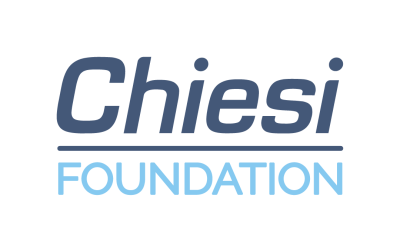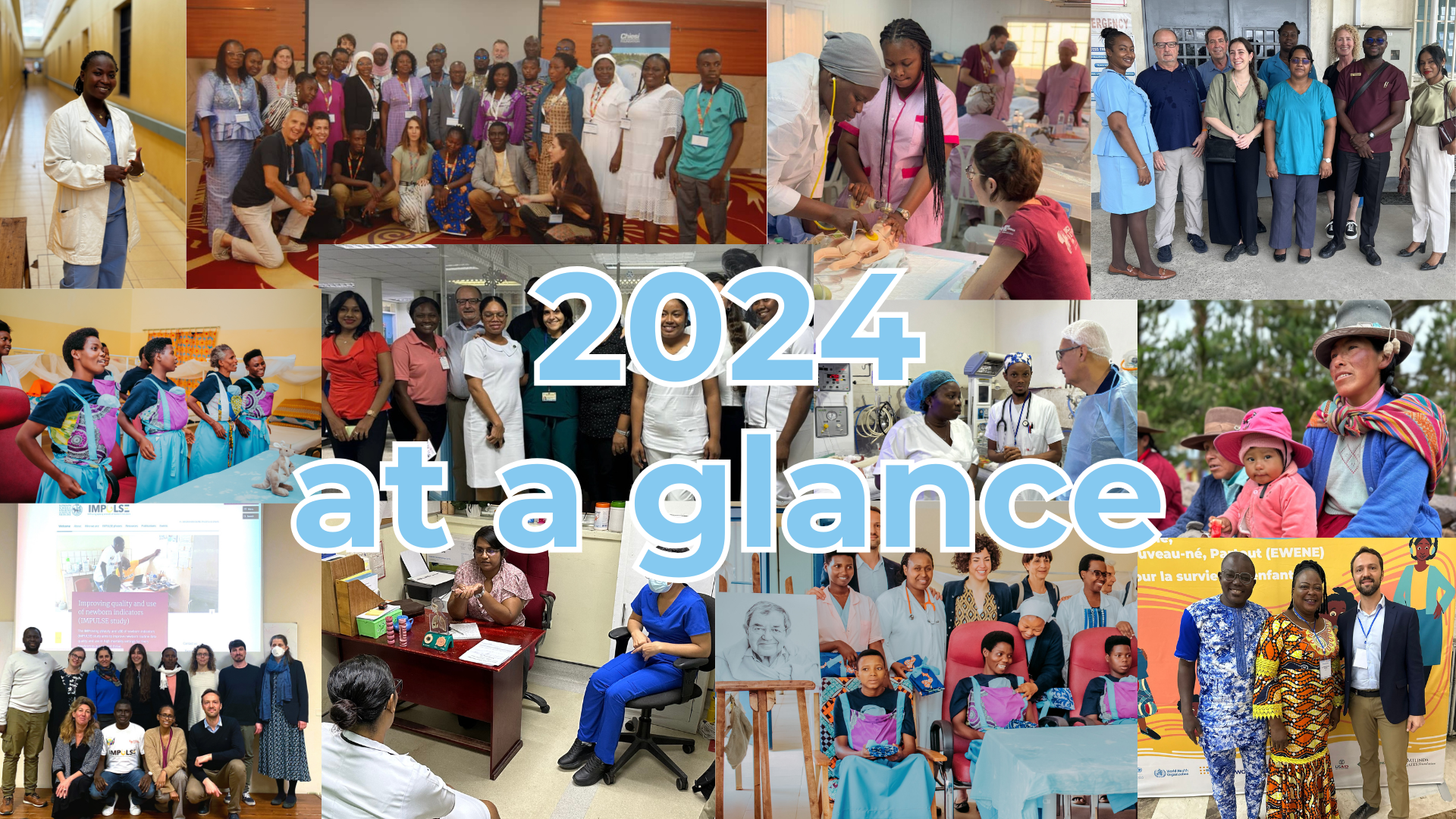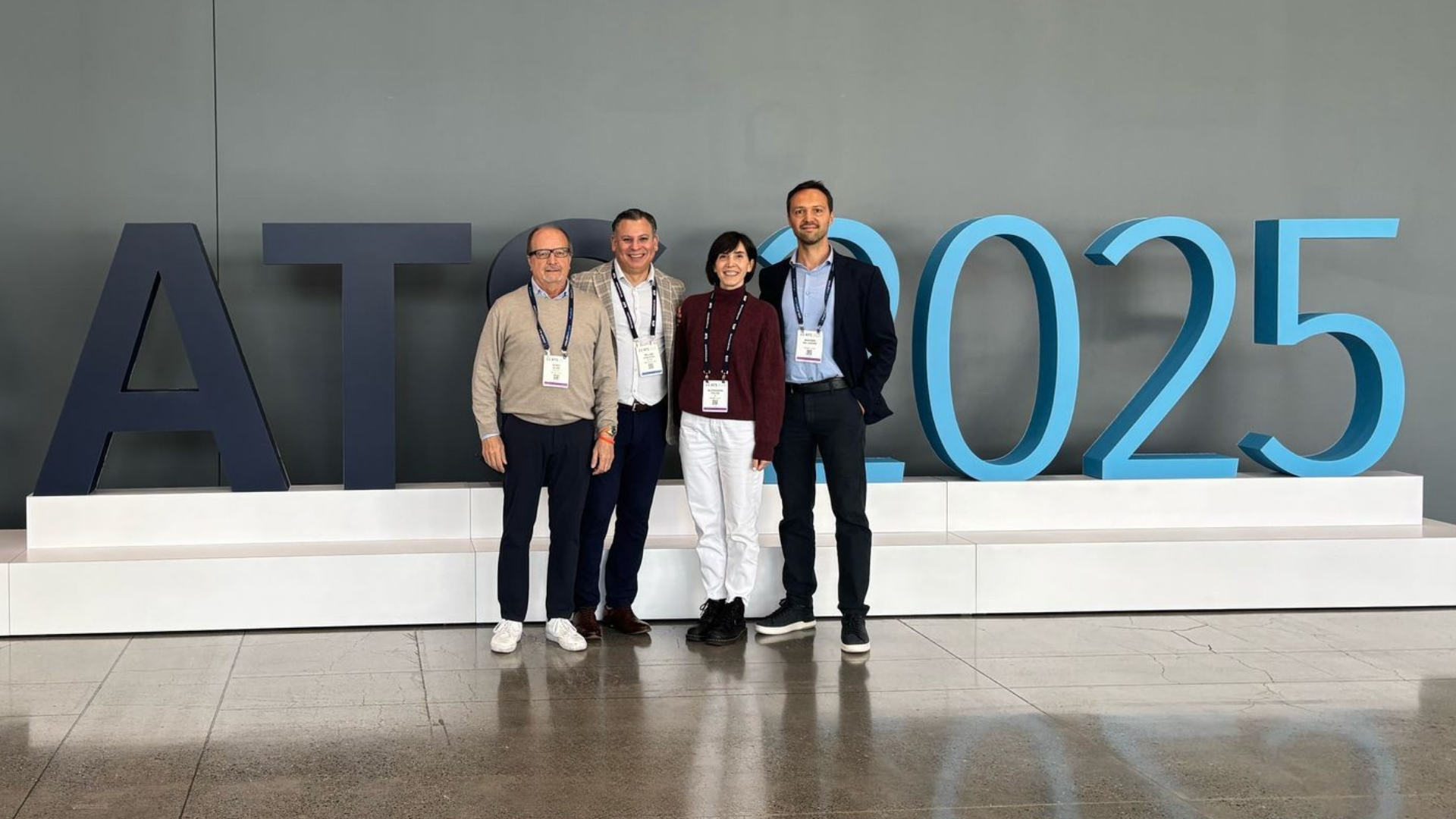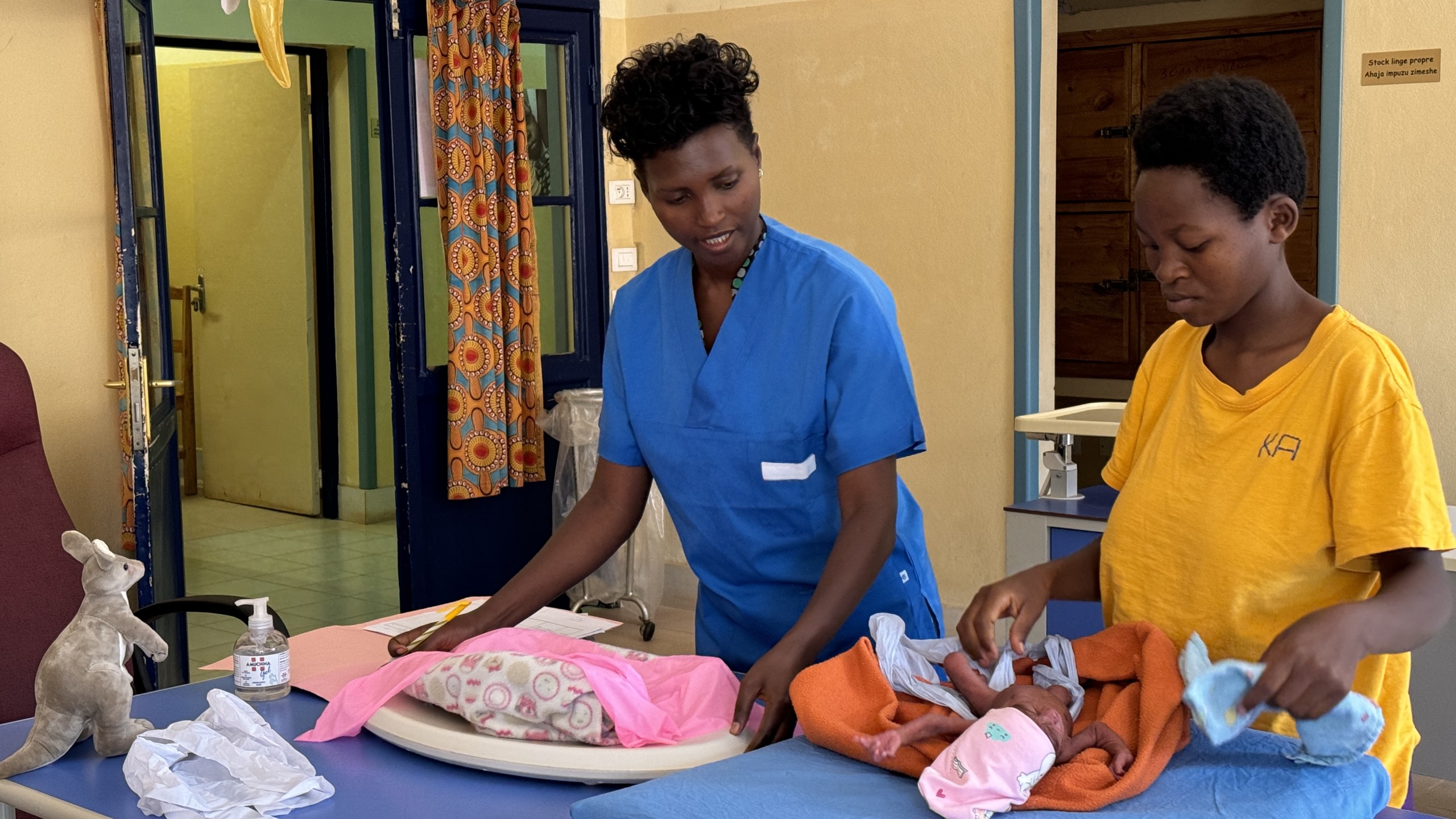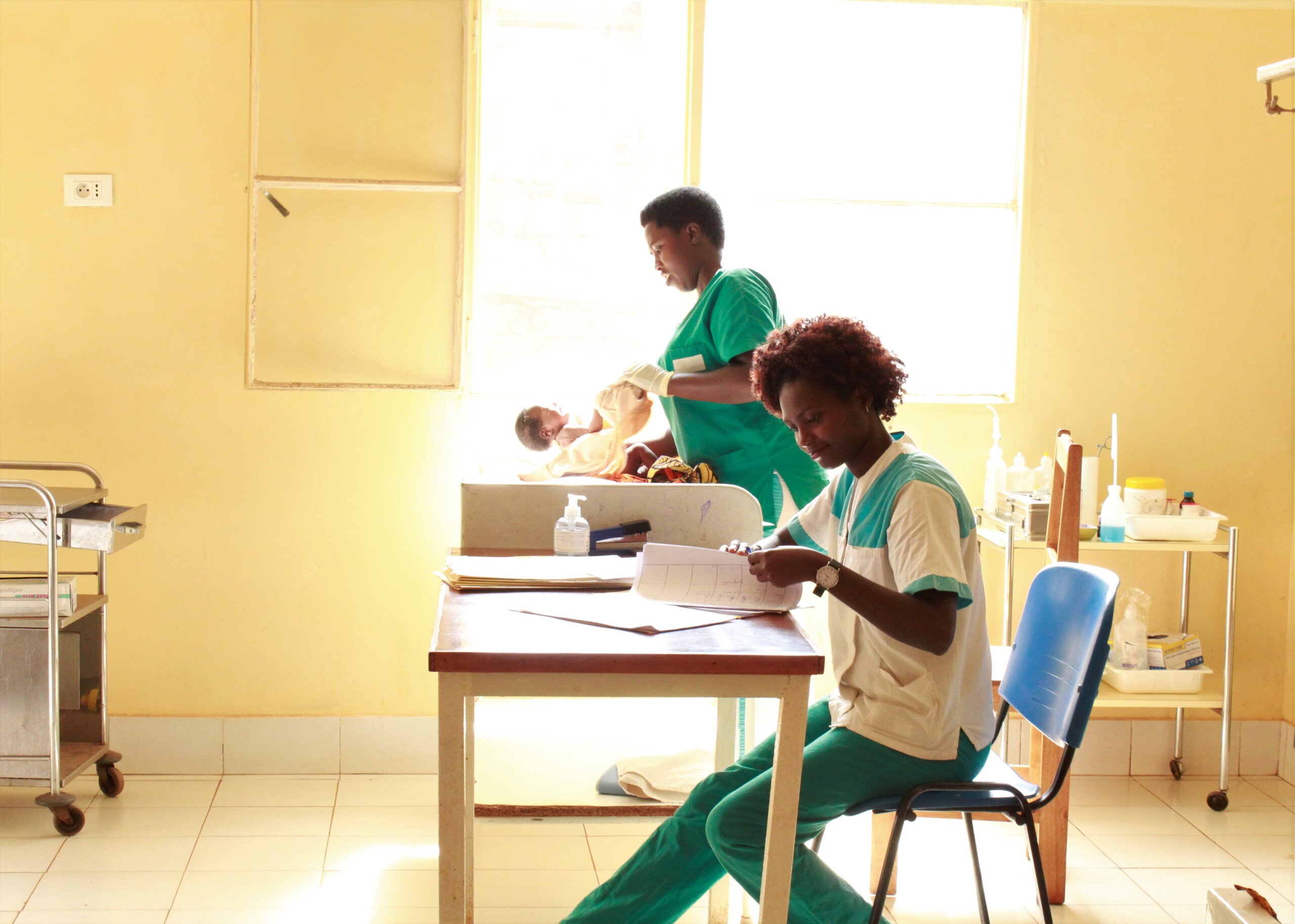by Lorenzo Picicco
Share
As we look back on 2024, the Chiesi Foundation is pleased to share the various initiatives and projects we’ve been involved in. Our commitment to improving healthcare in the Global South has led us to innovate and collaborate on a global scale. Here’s an overview of our key activities.
NEST Model: Review and New Publication
After revising the NEST Model, we launched its implementation in our partner hospitals. This involved need assessments, developing specific action plans for each country where the model is active, training healthcare personnel, and empowering the families by engaging them with a “zero-separation” and family-centered approach. The publication of the revised NEST Model has been a significant milestone, providing a comprehensive framework for improving neonatal care in resource-limited settings. The model has undergone a long review process, that started in 2023 and involved the participation and collaboration of our partners. We expect to see the first results on the model’s impact in 2025.
Further information about the NEST Model Document.
NEST Model: Implementation in Benin, Burkina Faso, and Togo
This year, we revised and piloted the Neonatal Essential Survival Technology (NEST) Model in Benin, Burkina Faso, and Togo. The NEST Model tackles newborn mortality and morbidity by identifying barriers and implementing sustainable, practical solutions. At its core, the NEST Model emphasizes zero-separation and family-participatory care. This approach promotes a partnership between the family and the neonatal unit staff, encouraging the family’s constant presence at their baby’s bedside.
This shared care model enables families to deliver essential nursing care and participate in medical decision-making. By fostering collaboration among healthcare professionals, the NEST Model aims to reduce disparities in mortality rates, especially during the critical first 28 days of life. The pilot implementations have shown promising results, with local healthcare providers adapting the model to their specific contexts and needs.
Further information about the NEST.
NEST Model: Phase 2 Implementation in Burundi
Within the NEST framework, the second phase of the Kangaroo Care project implementation in Burundi involved training medical personnel from six referral hospitals at the Ngozi Regional Hospital. The training sessions have equipped healthcare providers with the skills and knowledge needed to deliver high-quality care to newborns. The collaboration between local and international partners has been instrumental in the success of this phase.
Further information about the implementation in Burundi.
Kangaroo Care in Burundi: a Case Study
In Burundi, we implemented the NEST Model with a focus on Kangaroo Care, which involves skin-to-skin contact between parent and infant to strengthen bonding and improve health outcomes. This case study highlights the importance of measuring activities and their impact to enhance effectiveness. The Kangaroo Care project in Burundi has demonstrated significant improvements in neonatal health, with increased survival rates and better overall health outcomes for preterm and low birth weight infants. The project has also fostered stronger relationships between healthcare providers and families, promoting a more holistic approach to neonatal care.
Further information about the Case Study.
Dedication of the KMC Unit at the Ngozi Regional Hospital in Memory of Dr Paolo Chiesi
The Kangaroo Mother Care (KMC) Unit at the Ngozi Regional Hospital in Burundi was dedicated in memory of Dr Paolo Chiesi, founder of the Chiesi Foundation, honoring his contributions to neonatal care. The dedication ceremony was attended by healthcare professionals, families, and representatives from the Foundation. The KMC Unit provides a safe and supportive environment for mothers and their newborns, promoting skin-to-skin contact and breastfeeding. The dedication of the unit is a testament to Dr Paolo’s legacy and our commitment to improving neonatal care in the Global South.
NEST Partners Meeting: 2nd Edition
We held the second edition of the NEST Partners Meeting in Cotonou, Benin, bringing together various stakeholders/delegations from 7 sub-Saharan African countries in the neonatal health sector and all our partners and focusing on the enhancement of the collaboration and the expansion of the impact of the NEST Model across sub-Saharan Africa. Participants included also hospital directors, healthcare professionals, and representatives from the Ministry of Health, UN agencies, international and national scientific societies, including the African Neonatal Association (ANA), and non-governmental organizations. The meeting provided a forum for sharing best practices, discussing challenges, and identifying opportunities for further collaboration. The success of the meeting has strengthened the network of partners committed to improving neonatal care in the region.
Further information about the 2024 NEST Partners Meeting.
NEST Model: Expansion to Ivory Coast
At the end of 2024, the NEST Model has expanded to Ivory Coast, through a new collaboration with Doctors with Africa – CUAMM as the implementing partner. This expansion aims at building neonatal care capacities for midwives, nurses and doctors at three healthcare facilities: Centre Hospitalier Régional (CHR) d’Abobo, Hôpital Général Privé Confessionnel Saints Coeurs de Clouetcha (HGPC) and Formation Sanitaire à Base Communautaire (FSU-COM) d’Anonkoua-Kouté. The project has involved extensive training for healthcare providers from the three targeted health facilities. The initial results in terms of increased capacity for delivering high-quality care are promising.
Further information about the NEST Model in Ivory Coast.
New Project in Senegal with the PMNCH
We established a new collaboration with the Partnership for Maternal, Newborn and Child Health (PMNCH) to implement the Collaborative Advocacy Action Plan (CAAP). This initiative focuses on improving maternal and newborn health through effective stakeholder engagement and information sharing. The CAAP initiative aims to enhance accountability for Women’s, Children’s, and Adolescents’ Health (WCAH) by bringing together partners from various constituencies. This collaborative effort seeks to create a more effective and coordinated advocacy for women, children (including newborns), and adolescents.
The process begins with an inclusive, partner-led scoping and assessment of WCAH commitments in each participating country, with Amref leading this effort in Senegal. Based on the gathered evidence, partners then identify a set of advocacy actions to be undertaken collectively by WCAH stakeholders. These actions aim to improve the quality and implementation of existing WCAH commitments and address the need for new commitments where significant gaps are identified. The collaboration has resulted in increased awareness and support for maternal and newborn health initiatives, as well as improved health outcomes for mothers and babies.
Further information about the partnership in Senegal.
Participation at the APLF Conference
Our team also attended the Association des Pédiatres de Langue Française (APLF) conference in Dakar, contributing to panels and discussions on neonatal care and health equity. The conference provided a platform for healthcare professionals to share their knowledge and experiences, discuss best practices, and explore new approaches to improving pediatric and neonatal care.
Our participation, together with Prof. Ousmane Ndiaye – Chair of APLF, member of the steering committee of the International Pediatric Association, and Chiesi Foundation Technical Advisor, Sandrine Mukeshimana – Head of Neonatology Department at Ngozi Regional Hospital, Ousman Mouhamadou – IMPULSE Project Coordinator, and Tomomi Kitamura – UNICEF Regional Office for the West and Central Africa, has helped to highlight the importance of addressing health disparities and promoting equitable access to quality care for all newborns. Additionally, our representatives emphasized the existing gap between Anglophone and Francophone communities in Africa and the necessity of overcoming these linguistic barriers to achieve SDG 3.2.
Further information about the APLF Conference.
Participation at the EWENE Regional Consultation in Dakar
We participated in the Every Woman Every Newborn Everywhere (EWENE) Regional Consultation in Dakar last November, where discussions centered on advancing neonatal and maternal health initiatives. The event provided an opportunity for stakeholders to share their experiences, discuss challenges, and identify solutions to improve health outcomes for women and newborns. It was inspiring to be part of the Benin delegation among the engaging discussions shaping the future of maternal and child health. We also had the opportunity to meet with delegations from 25 African countries, especially those from Burkina Faso, Togo, and Ivory Coast, where the Foundation also operates.
Further information about EWENE.
Breaking the Linguistic Barriers
Francophone countries in sub-Saharan Africa face significant challenges in neonatal care, partly due to language barriers. Most medical literature, including neonatal care guidelines, is predominantly available in English, limiting access to essential medical information for healthcare professionals in these regions.
To address this issue, the Chiesi Foundation, in collaboration with the World Health Organization, has funded the translation of three crucial documents: “WHO Recommendations for the Care of the Preterm or low-birth-weight Infant,” “Kangaroo Mother Care: a Transformative Innovation in Healthcare”, and “Kangaroo Mother Care – Implementation Strategy for Scale-up Adaptable to Different Country Contexts.”
These documents provide valuable guidance for healthcare professionals, enabling them to deliver high-quality care to preterm and low-birth-weight infants. Our initiative aims to improve neonatal care by making critical medical information accessible in the local language, thereby enhancing the quality of care provided to the most vulnerable newborns.
Further information about the WHO Documents.
IMPULSE: Improving Quality and Use of Newborn Indicators
The IMPULSE project has moved from Phase 1 to Phase 2, focusing on using collected evidence for advocacy and policy-making. The project aims to improve the quality and use of newborn and stillbirth data in the Central African Republic, Ethiopia, Tanzania, and Uganda, thanks to the collaboration of the London School of Hygiene and Tropical Medicine (LSHTM), the IRCCS Maternal Infant Burlo Garofolo WHO Collaborating Center and the Doctors with Africa – CUAMM, and the technical support of UNICEF and WHO. The first phase of the project involved extensive research and data collection, which has provided valuable insights into the challenges and opportunities for improving newborn health. The second phase will build on these findings, implementing targeted interventions to enhance data quality and use, ultimately improving health outcomes for newborns.
Further information about the IMPULSE Project.
GASP Model: Scale-Up in Guyana with the Ministry of Health
In Guyana, the GASP Model framework has strengthened the hub and spoke system with the Georgetown Public Hospital Corporation (where spirometry training improved the healthcare personnel’s skills) and with five satellite centers of the capital. In 2025, the model will be scaled up to other Guyanese cities: six centers have already received theoretical training, but they still need to undergo practical training sessions. The project has significantly improved the diagnosis and management of respiratory diseases in Guyana, leading to better health outcomes for patients.
Further information about the GASP Model in Guyana.
GASP Model: Renewal of the Partnerships in Peru
Our partnership with Policlinico Santa Rita del Cusco, Chiesi Spain, and SEPAR Solidaria has been renewed to continue implementing the GASP Model in Peru. This includes health campaigns, screenings, and the development of clinical guidelines. The renewed partnership aimed to build on the successes of the previous years, further improving the diagnosis and management of respiratory diseases in Peru. The collaboration has also focused on capacity building, with extensive training provided to healthcare professionals to enhance their skills and knowledge.
Further information about the GASP Model in Peru.
GASP Model: First Site Visit in Nepal
The first site visit for the Global Access to Spirometry Project (GASP) in Nepal was conducted focusing on the screening of brick kiln workers for respiratory diseases, carried out by the Johns Hopkins University and the Institute of Medicine of the Tribhuvan University in Bhaktapur. The visit has provided valuable insights into the needs and challenges faced by the local population and has helped to inform the development of targeted interventions. The project aims to improve the diagnosis and management of respiratory diseases, ultimately enhancing the health and well-being of brick kiln workers and the community in Nepal. Plans are underway to add a clinical component to the project, with a health facility assessment scheduled for early 2025.
Further information about the GASP Model in Nepal.
Chiesi Foundation holds a Speech at the 2024 ATS Conference
We hosted our first symposium at the 2024 American Thoracic Society (ATS) Conference, together with Dr Robert Levy (University of British Columbia), Dr William Checkley (Johns Hopkins University), and Dr Laura Nicolaou (Johns Hopkins University), highlighting the GASP Model and its impact on respiratory health in the Global South.
The symposium “Global Health Inequities in Chronic Respiratory Diseases: challenges & solutions” provided a platform for experts to share their knowledge and experiences, discuss challenges, and explore potential solutions to improve respiratory health outcomes and most of all, shed light on the Global South context. The event was well attended and received positive feedback from participants and organizers as well, further establishing our reputation as a leader in global health initiatives.
Further information about the American Thoracic Society.
Publication of the 2023 Social Report
We published the second edition of our Social Report, detailing our activities and impact over the past year. The report highlights the achievements and challenges of our various projects, providing a comprehensive overview of our work. It also includes testimonials from beneficiaries and partners, showcasing the positive impact of our initiatives on the lives of individuals and communities. Initially launched in Italian, the Report has been recently translated to English and French to make all our actions more accessible and to underscore our commitment to overcoming language barriers in the realm of health scientific research. The publication of the report is an important milestone, demonstrating our commitment to transparency and accountability.
Further information about our Social Report.
Fundraising Initiatives
Also in 2024, the Foundation worked to enhance and differentiate its sources of income through various fundraising activities, which included corporate fundraising, partnerships with affiliates of the Chiesi Group, and the 5×1000 campaign toward our Italian community, which have been crucial in supporting our projects and initiatives. The funds raised have enabled us to expand our programs, reach more beneficiaries, and achieve greater impact. The success of these fundraising initiatives is a testament to the generosity and support of our donors and partners, who share our commitment to improving health outcomes for underserved populations.
Further information about the 5×1000 campaign.
Chiesi Foundation Keeps Growing
The Chiesi Foundation welcomed new team members, including a Communication & Event Officer and a Program Quality Officer, to further strengthen our efforts and enhance our impact. The addition of these new roles has enabled us to improve our communication and outreach efforts, as well as enhance the quality and effectiveness of our programs. The growth of our team reflects our ongoing commitment to building a strong and capable organization, dedicated to achieving our mission of improving healthcare outcomes for underserved populations.
As we approach 2025, our commitment to improving access to quality healthcare in the Global South remains strong. Thank you for your continued support and partnership in making a difference.
